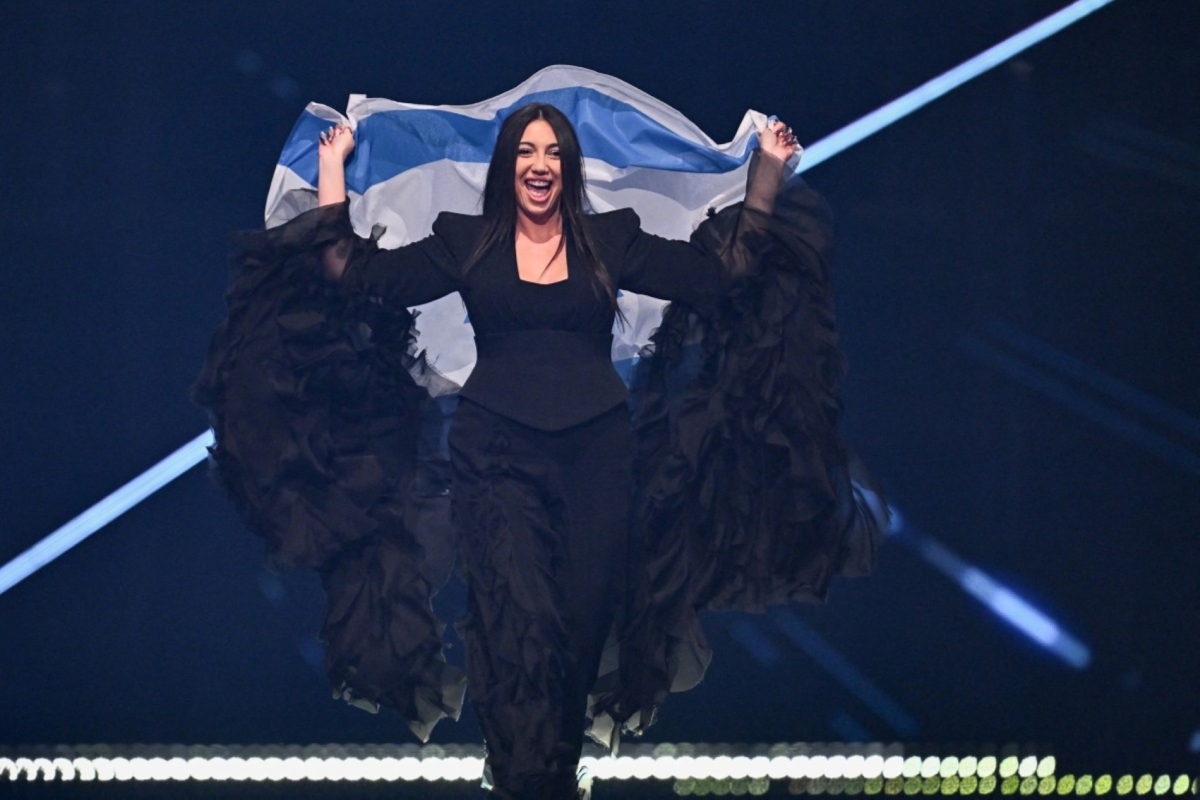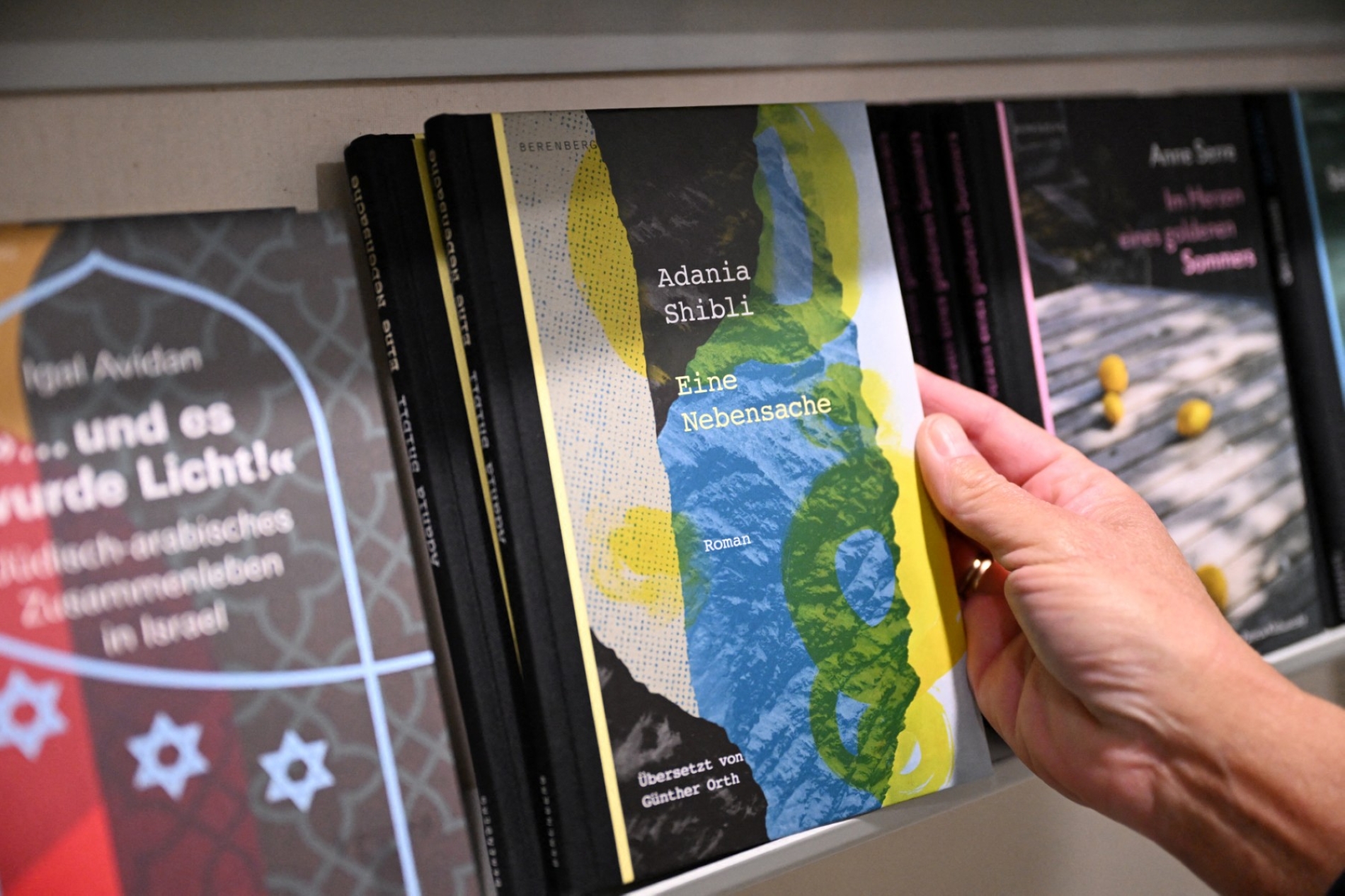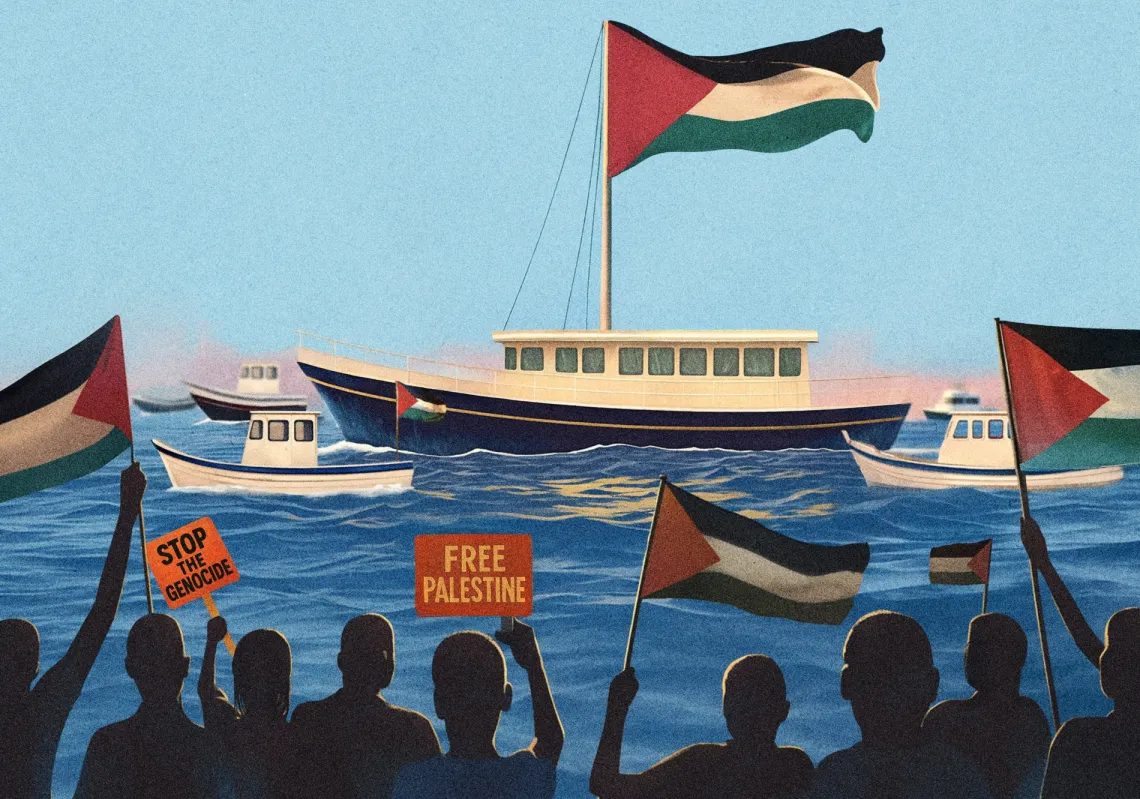Cultural sanctions and boycotts have been used as a tool to influence the behaviour of rogue states for decades. For much of the 20th century, Apartheid South Africa faced cultural and economic isolation, as have Russia and Iran in recent years.
For the most part, such actions have been widely endorsed by the international community, with the deliberate goal of promoting political or social reform. However, Israel’s war on Gaza has exposed a fault line in the international community’s willingness to apply such measures evenly. In the process, glaring double standards have emerged.
The distinction between sanctions and boycotts is important. Sanctions—formal, legally binding measures imposed by states—differ from boycotts, which are often community-led and target cultural or academic institutions.
While Russia has faced official sanctions since its 2022 invasion of Ukraine, Israel has faced no such repercussions. Instead, those in solidarity with Palestine have been routinely accused of antisemitism, ostracised, or blacklisted.
@cnn YouTube star and children’s educator Rachel Accurso known as Ms. Rachel tells CNN’s Christiane Amanpour in an exclusive interview that the backlash over her speaking out in support of children in Gaza was “painful,” but says “I know who I am and I know what's right.” @Ms Rachel #CNN #news #MsRachel #Gaza
original sound - CNN
Flanders in the firing line
In September, the organisers of Flanders Festival Ghent cancelled a performance by the Munich Philharmonic orchestra, led by Israeli conductor Lahav Shani, citing the “current inhumane situation” in Gaza, affirming that “this also leads to emotional reactions in our society.”
The organisers judged the concert “undesirable,” stating that they felt the conductor, despite calling for “peace and calm,” had not made his position sufficiently clear toward the “Israeli genocidal regime.” They defended their decision by saying Shani, as music director of the Israel Philharmonic Orchestra, operated in a “grey area,” and that it was unclear “where he stands in this conflict.”
The festival’s board stressed the decision had nothing to do with Shani’s personal views or his Jewish identity. It was exclusively about his role as music director of the Israel Philharmonic Orchestra, an institution whose stance, they argued, did not clearly diverge from the government’s.
“Genocide leaves no room for ambiguity from our perspective,” said Jan Van Den Bosch, the festival’s artistic director, according to German media sources.
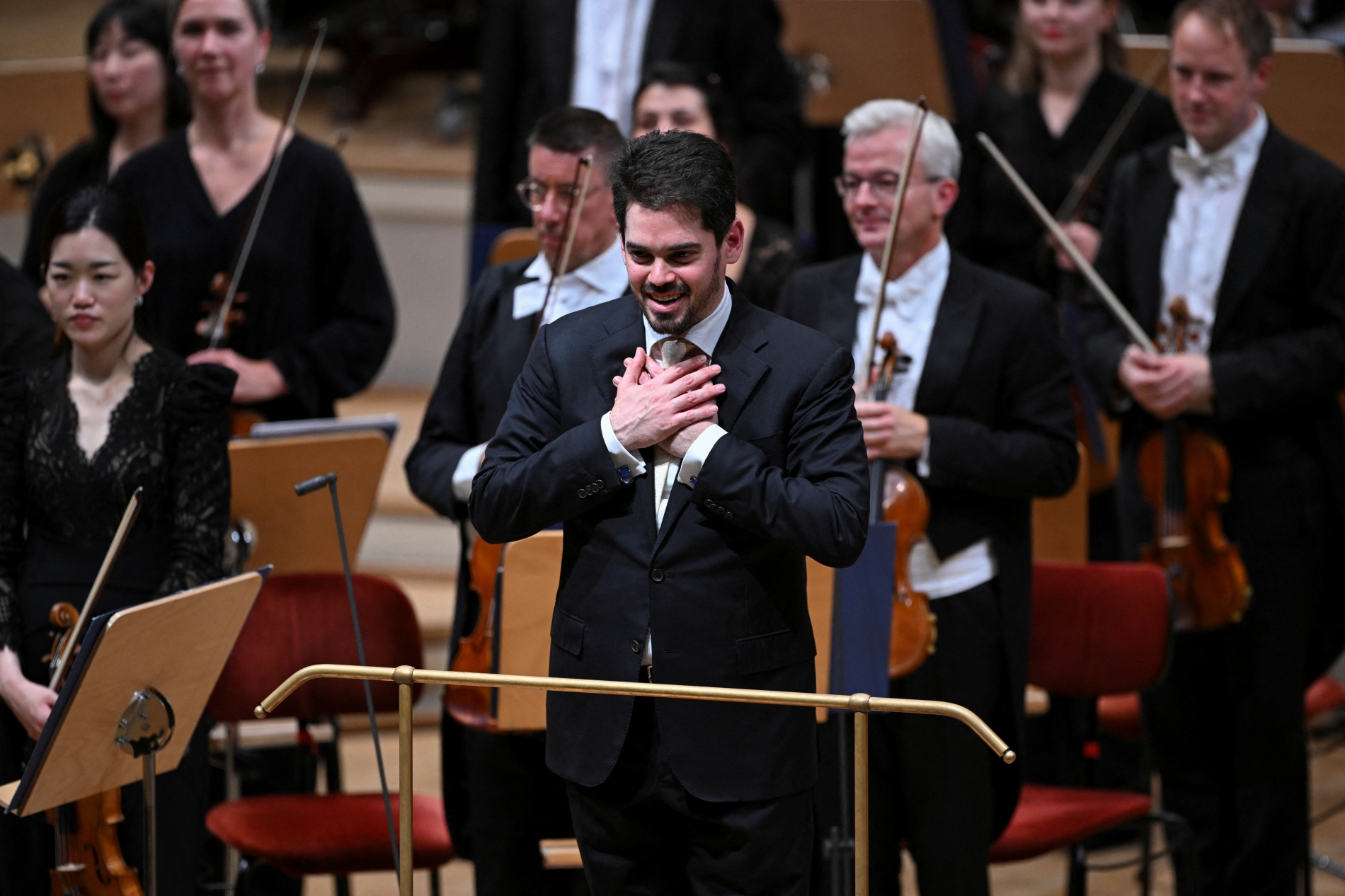
From Belgium to Germany
Before the concert’s cancellation, Belgium had declared it was set to impose a dozen “firm sanctions” on Israel due to the humanitarian crisis in Gaza. It would also recognise Palestinian statehood.
The government, however, condemned the festival's actions, with the country’s prime minister, Bart De Wever, calling its decision “irresponsible.” Matthias Diependaele, minister-president of Flanders, also distanced himself from the decision, describing it as “rash and ill-considered.”
In Germany, the cancellation triggered a severe backlash. Wolfram Weimer, the country’s minister of culture, accused Ghent of “a cultural boycott carried out under the guise of alleged criticism of Israel”. He added: “This is pure antisemitism and an attack on the foundations of our culture. If it becomes acceptable to collectively ban German orchestras and Jewish artists, a red line has been crossed.”
In response, Shani and the Munich Philharmonic Orchestra were invited to perform at the Berlin Music Festival, to demonstrate the “unifying power of art and the core values of our democratic societies in Europe, against antisemitism, discrimination, and the boycott of art and science,” read a festival statement.
Outright double standards
The phrase “the core values of our democratic societies in Europe” stands out for its hypocrisy. Since the outbreak of the Russia-Ukraine War, rapid steps have been taken to boycott Russians working in the cultural and artistic sectors.
Ironically, the Munich Philharmonic fired its Russian chief conductor, Valery Gergiev, in March 2022—a few weeks after the beginning of the war.
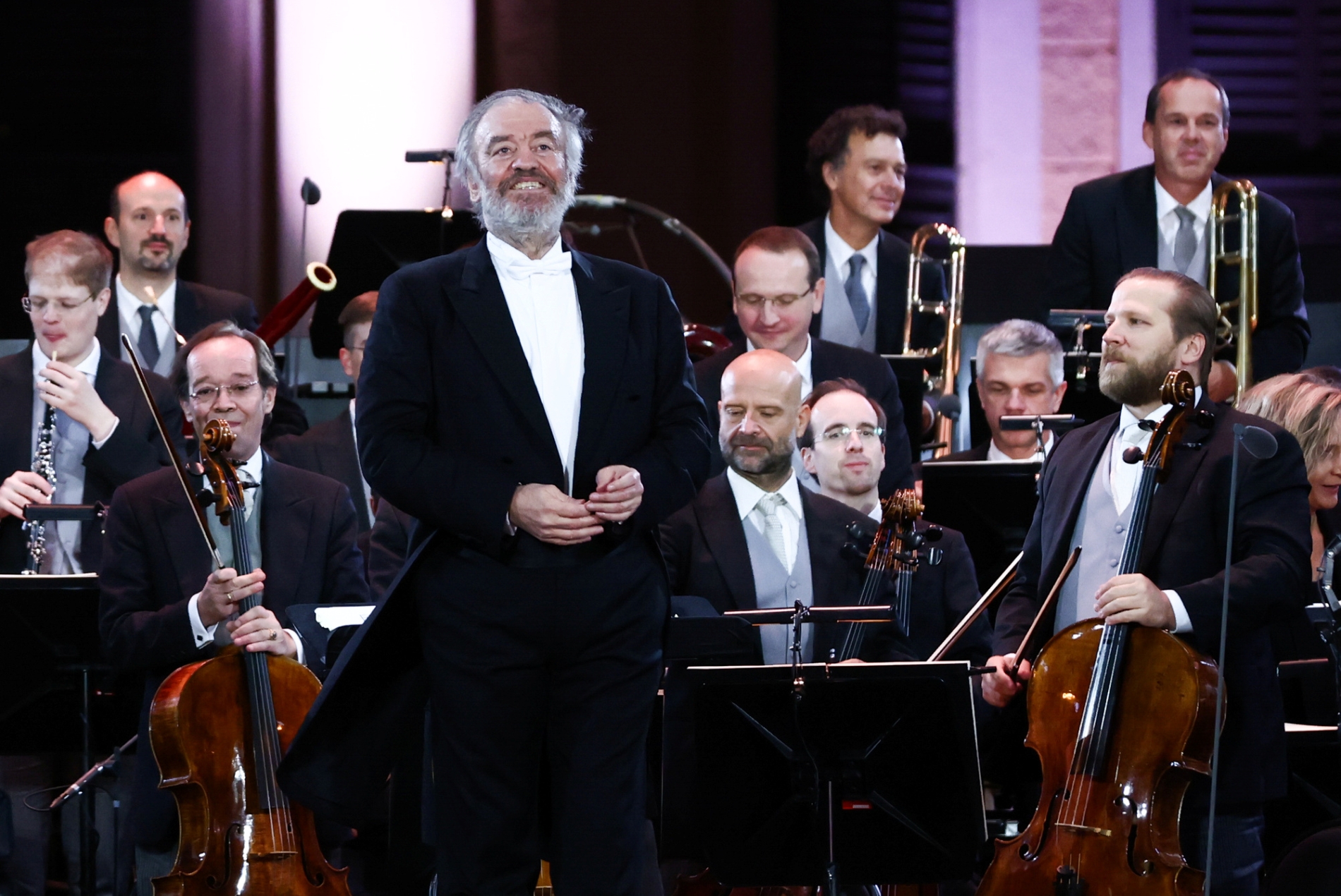
Russia was expelled from Eurovision; performances by the Bolshoi Ballet—once a symbol of Soviet and then Russian soft power—were cancelled in London and Madrid; and some venues, including the Paris Opera, Metropolitan Opera, and Carnegie Hall, have called off performances by Russian artists.
The pianist Denis Matsuev and soprano Anna Netrebko in particular have been broadly cancelled across Europe and the US, because ‘these artists hold positions at odds with the values of the institutions hosting them.’
When former French culture minister Roselyne Bachelot was asked by AFP to explain France’s cancellation criteria, she said: “I asked for cancellation or postponement of events organised by: first, official Russian cultural institutions; second, artists who have long held a clear stance in favour of Mr Putin’s regime.”
Following the cancellation of an appearance by the Mariinsky Orchestra, Olivier Mantei, director of the Paris Philharmonic, said he would do “the same for other artists who once publicly supported the current Russian regime without retracting since.” The move, added Mantei, was taken “in solidarity with the Ukrainian people.”


